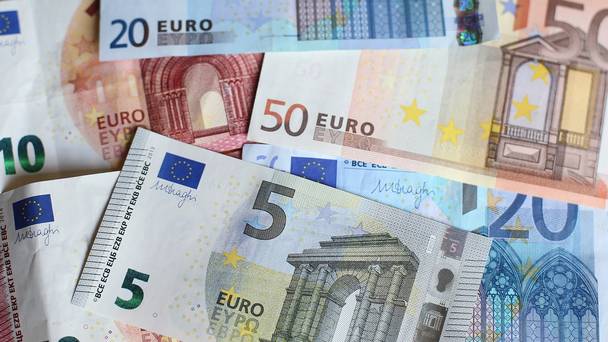The National Minimum Wage will be increasing to €10.10 from February 1, 2020.
The increase represents an additional €11.70 per week, or an extra €608.40 gross per year, for current minimum wage employees who work a full 39-hour week.
The increase came about due to the strong growth in earnings across the economy over the last year and greater clarity in the UK regarding their plans for Brexit.
In October 2019, the Government accepted the proposal to increase the minimum wage by 30 cent per hour.
This followed the recommendation of the Low Pay Commission, an independent body tasked with examining the appropriate rate of the statutory minimum wage.
However, a decision was taken then to postpone any increase until there was greater clarity regarding Brexit and the ability of business to absorb an increase.
Minister Doherty said she was pleased to announce the increase in the minimum wage.
“The minimum wage is one of a number of important measures designed to support working families, especially those on lower incomes.
“With this most recent increase in the National Minimum Wage, an employee on minimum wage who works a full 39-hour week will now receive an additional €11.70 per week, or an extra €608.40 gross per year.
“In fact, since 2016, a minimum wage employee working a 39-hour week has received a gross pay increase of €2,331.
“Since 2015, we have increased the minimum wage by 13.2% – ahead of the rate of inflation – thereby ensuring real increases in the earnings of the lower paid.
“All types of work should pay well and it is my determination that a job should really lift people out of poverty.
“The ongoing increases in the minimum wage help to ensure that happens,” she said.
The new rate is based on a recommendation by the Low Pay Commission made up of representatives from industry, workers and independent academic members.
It is entirely independent in the exercise of its functions.
It is required to recommend a minimum wage that provides an incentive to work, is set at a rate that is both fair and sustainable, and benefits as many people, without adverse effects on employment or competitiveness.
In order to ensure that the increase in the minimum wage does not result in employers attracting a higher level of PRSI charge solely due to this increase, the employer PRSI threshold will increase from €386 currently to €395 from February 1, 2020.
Since its establishment, the Low Pay Commission’s recommendations, for increases of 50 cent in 2016, 10 cent in 2017, 30 cent in 2018 and 25 cent in 2019, have all been accepted by Government and represent an increase in the National Minimum Wage of 13.2% since 2015.
As of 2019, Ireland has the third highest hourly National Minimum wage rate in the European Union.
Tags:







